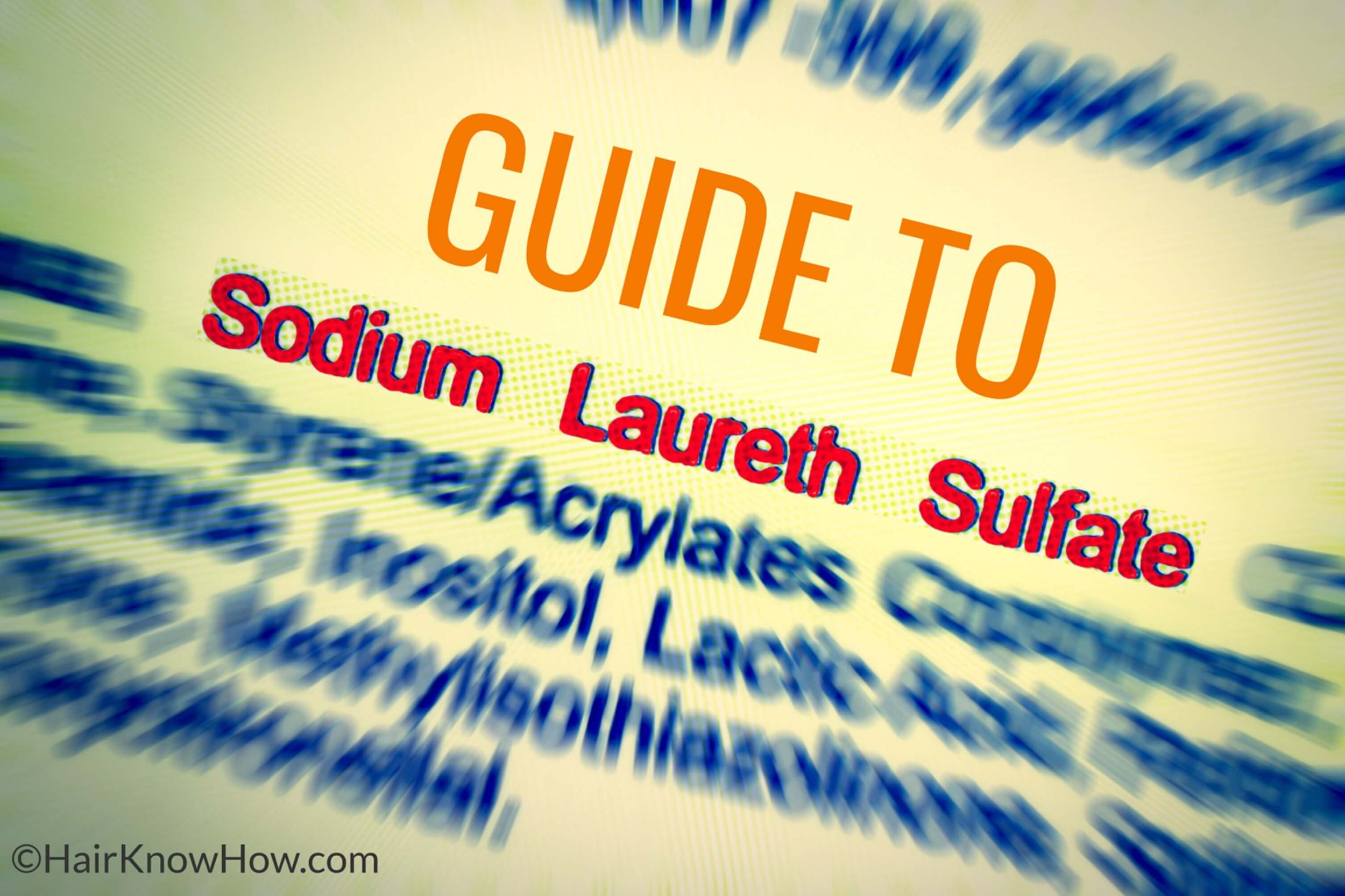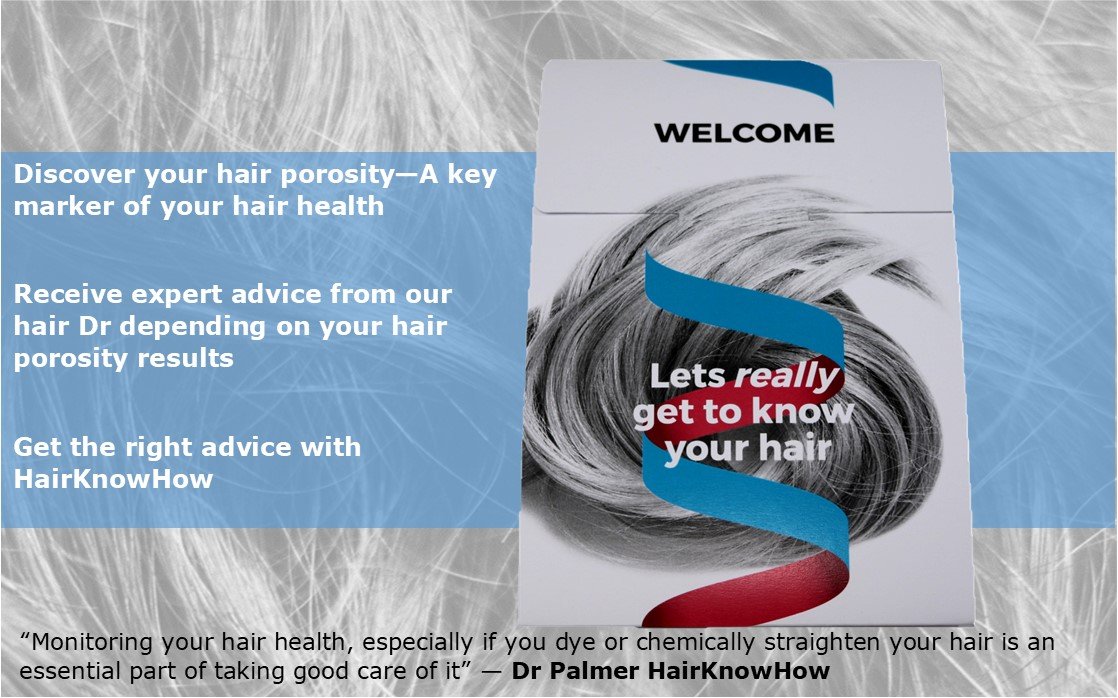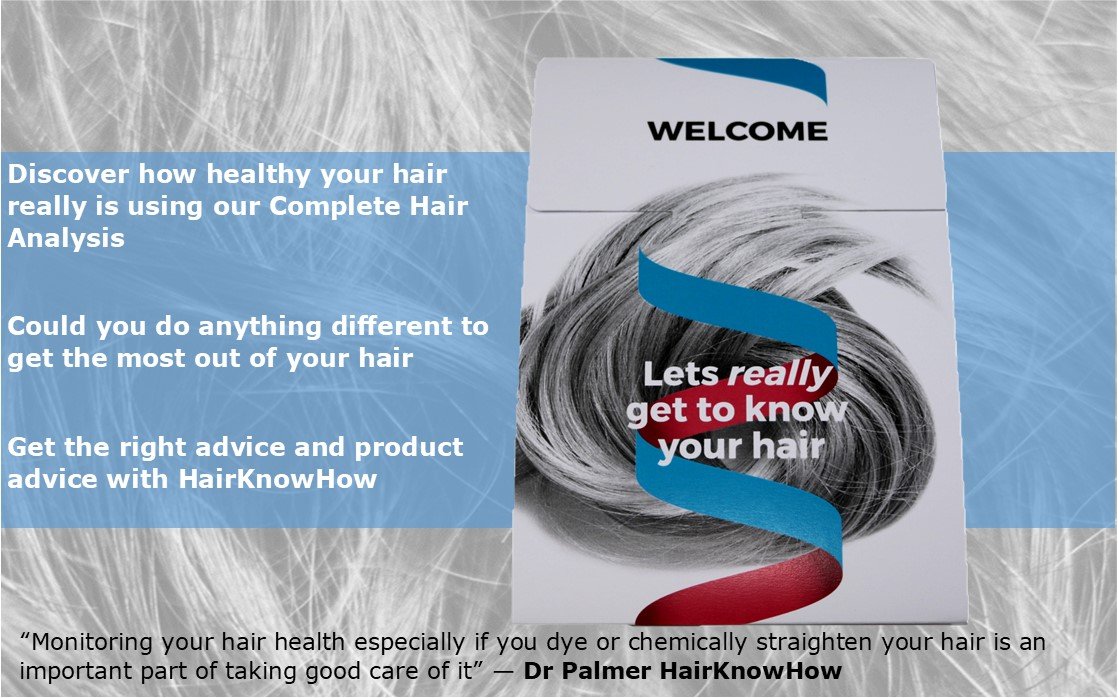What is Sodium Laureth Sulfate?
Sodium Laureth Sulfate (SLES) is an anionic lipid, a type of naturally occurring detergent molecule possessing amphipathic properties. Amphipathic molecules contain a hydrophobic (water-hating) and hydrophilic (water-loving) component.
Sodium Laureth Sulfates is used in many shampoos and numerous other cleaning products found within the home. SLES’s popularity within products is because of its excellent cleaning efficacy and relatively good biocompatibility – it causes minor irritation in humans when used at low concentrations.
Sodium Laureth Sulfate contains one or more ether bonds (oxygen sandwiched flanked by two carbon molecules) between the charged sulfate group and the hydrocarbon tail of the molecule. Hence, Sodium Laureth Sulfate is abbreviated to SLES; the E is short for ether.
Which form of SLES is used in shampoo formulations?
Mixtures of Sodium Laureth Sulfate are heterogeneous (a mix) with respect to the number of ether groups present. Sodium Laureth-2-Sulfate is the form most commonly used in shampoo formulations because, during lab studies, it exhibited increased effectiveness at removing sebum compared to other SLES variants, and it possesses a very low Critical Micelle Concentration (CMC). The CMC is the lowest concentration of any molecule in solution required to form bubbles spontaneously. Bubble formation is vital in the cleaning efficacy of a detergent. The lower the CMC, the lower the concentration needed in the shampoo and the milder it is for your skin and hair (in theory!).
SLES detergents are highly effective cleaning agents and are one of the types of “sulfates” that are not present in “sulfate-free shampoo” formulations.
Why is SLES harmful to your hair?
SLES is damaging to your hair for two main reasons:
1). SLES is too effective at removing dirt and grease from our hair and efficiently removes most of our natural hair oils, including those added hair oils in deep conditioning products such as hair masks, good conditioners etc. These oils are essential to both the hair’s cuticle surface and interior (within the cortex) of hair to keep hair healthy.
2). There are reports that SLES can break down (dissolve) some of the keratin molecules found within hair, resulting in increasing hair porosity, making (~10%) hair weaker and prone to breaking. This increasing porosity and cracking can extend (or propagate) along the fibre and contribute to frizz and broken ends.
Comparison of dry cut ends of hair with felled tree trunk. Cracks in the cortex and trunk and indicated. Cracking is occuring due to drying and shrinking of both structures.
Hence, the growing consumer movement to purchase shampoos without SLES and related sulfate chemistries.
Should I use a sulfate-free shampoo?
Generally, we would recommend using a sulfate-free shampoo unless you have a specific reason to use a specialist or medicated shampoo containing sulfate. Using sulfate-free shampoos results in clean hair but without drying and damaging effects.
As an Amazon Associate I earn from qualifying purchases - Click here to read our Affiliate Disclaimer
These are two sulfate-free shampoos we have used ourselves and would recommend to everyone looking to experiment with sulfate-free shampoos. They both contain good hair oils, either coconut or argan oil, making them a very healthy and welcome addition to your hair regime. All OGX branded shampoos also have a slightly thicker luxury silky feel making them easier to apply and, in our opinion, a beautiful, somewhat stronger coconutty floral scent. Definitely worth a go! Let us know how you get on!
Some specific cases where you may use a sulfate-containing shampoo are if you are using anti-dandruff, hair growth (containing caffeine), or suffer from excessively greasy hair requiring either cleansing or clarifying shampoo etc. Another reason why using a sulfate-containing shampoo may be helpful is if you live in a particularly dusty, Smokey or dirty work or home environment, you may benefit from enhanced but periodic grime removal. But, in most user cases, we recommend a sulfate-free shampoo.
How to prevent the damage caused by sulfate-containing Shampoos?
To mitigate some of the effects of sulfate-containing shampoos, we would recommend that following shampooing, you use a good conditioner that contains coconut oil. Alternatively, hair masks, deep conditioning treatments or even pure coconut oil can help. Coconut oil has been scientifically shown to offer some protection against some of the effects of sulfate use.
Get Expert Hair Analysis and Help
If you want to discover how well you are looking after your hair or have concerns about how a sulfate-containing shampoo may have impacted your hair, check out one of HairKnowHow's hair analyses below.
Contact the HairKnowHow Team if you have any questions.







